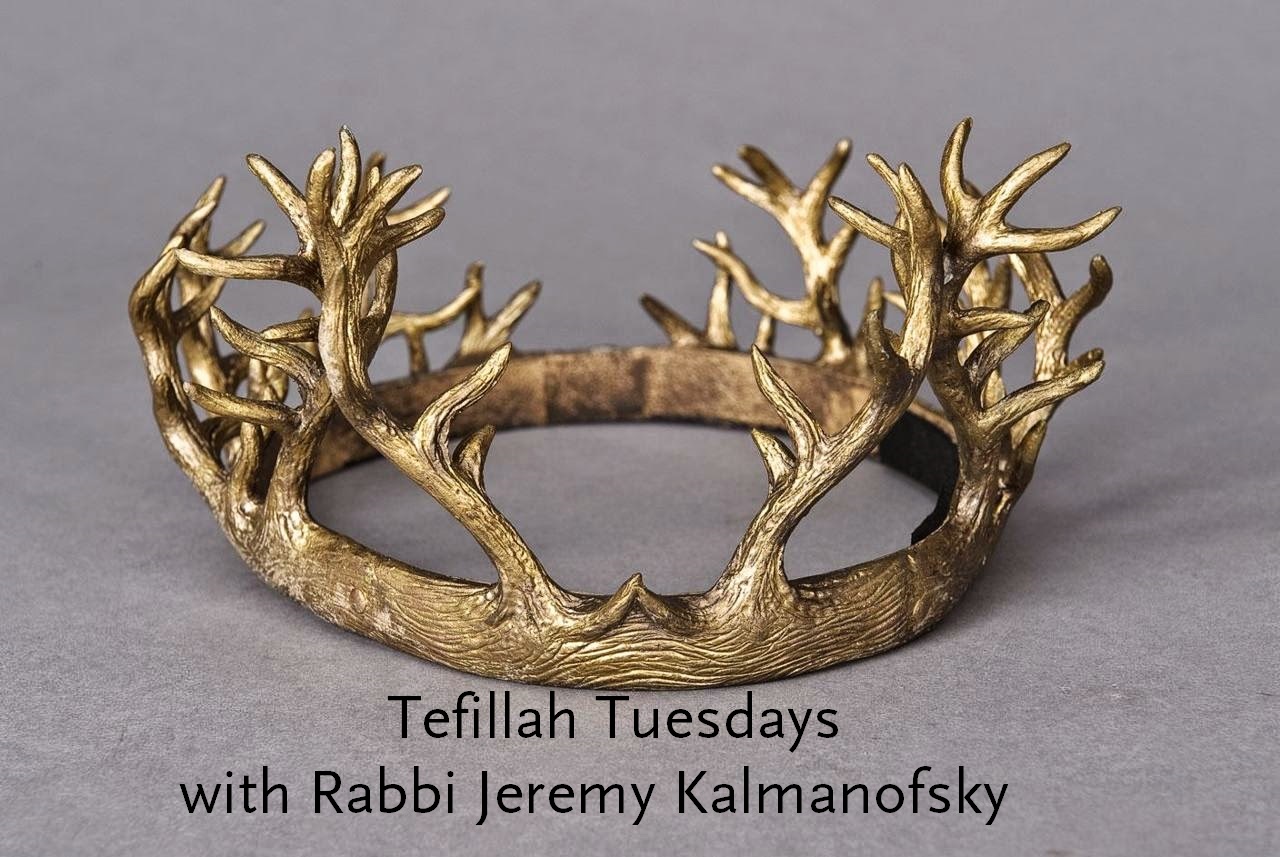A central verse in Jewish liturgy comes from Psalm 22.4:
ואתה קדוש יושב תהלות ישראל,
“And you, Holy One, are enthroned upon Israel’s praises.”
That is, God is not just Melekh Ha’Olam automatically. As a medieval saying goes, אין מלך בלא עם, “There is no king without a people.” Only a community of worship can make God the Master of the World. So what builds the King’s throne? Our prayers and devotion.
I think about this concept when I daven Shirat HaYam [Exodus 15], the “Song of the Sea” that Moses and the Children of Israel sang when crossing the Red Sea, especially as refracted through an extraordinary Midrash, Exodus Rabbah 23.1.
Here is the Hebrew Midrash, followed by a translation:
אז ישיר משה, הה”ד (שם /תהלים/ צג) נכון כסאך מאז, א”ר ברכיה בשם ר’ אבהו אף על פי שמעולם אתה לא נתיישב כסאך ולא נודעת בעולמך עד שאמרו בניך שירה לכך נאמר נכון כסאך מאז, משל למלך שעשה מלחמה ונצח ועשו אותו אגוסטוס אמרו לו עד שלא עשית המלחמה היית מלך עכשיו עשינוך אגוסטוס, מה יש כבוד בין המלך לאגוסטוס אלא המלך עומד על הלוח ואגוסטוס יושב, כך אמרו ישראל באמת עד שלא בראת עולמך היית אתה, משבראת אותו אתה הוא, אלא כביכול עומד שנאמר (חבקוק ג) עמד וימודד ארץ, אבל משעמדת בים ואמרנו שירה לפניך באז נתיישבה מלכותך וכסאך נכון הוי נכון כסאך מאז באז ישיר.
Then [אז, az] Moses and the Israelites sang …
This is to be understood by association with Psalms 93.3, Then [מאז, me’az] Your throne was established.
Said R. Berechia in the name of R. Abbahu: Although You, God, exist eternally, Your throne was not established and Your kingdom was not known until Your children began to sing. This is the meaning of Then [מאז, me’az] Your throne was established [or Midrashically, Your throne was established at the moment of אז, az].
A parable: It is like a king who waged a victorious war, and was elevated to emperor [lit: Augustus]. … What is the difference between a king and an emperor? A king is depicted in images as standing and an emperor seated. Israel said: In truth, before You created the world, You existed. After You created the world, You existed. But, so to speak, You were standing. Once You stood up for us at the sea and we sang to You, at that moment Your kingship was established, and You could sit upon Your throne, thanks to our song.
I find this a moving and inspiring attitude for prayer: may we become a human community of worship and devotion, proclaiming that God is Melekh HaOlam. That’s a good reason to sing.





